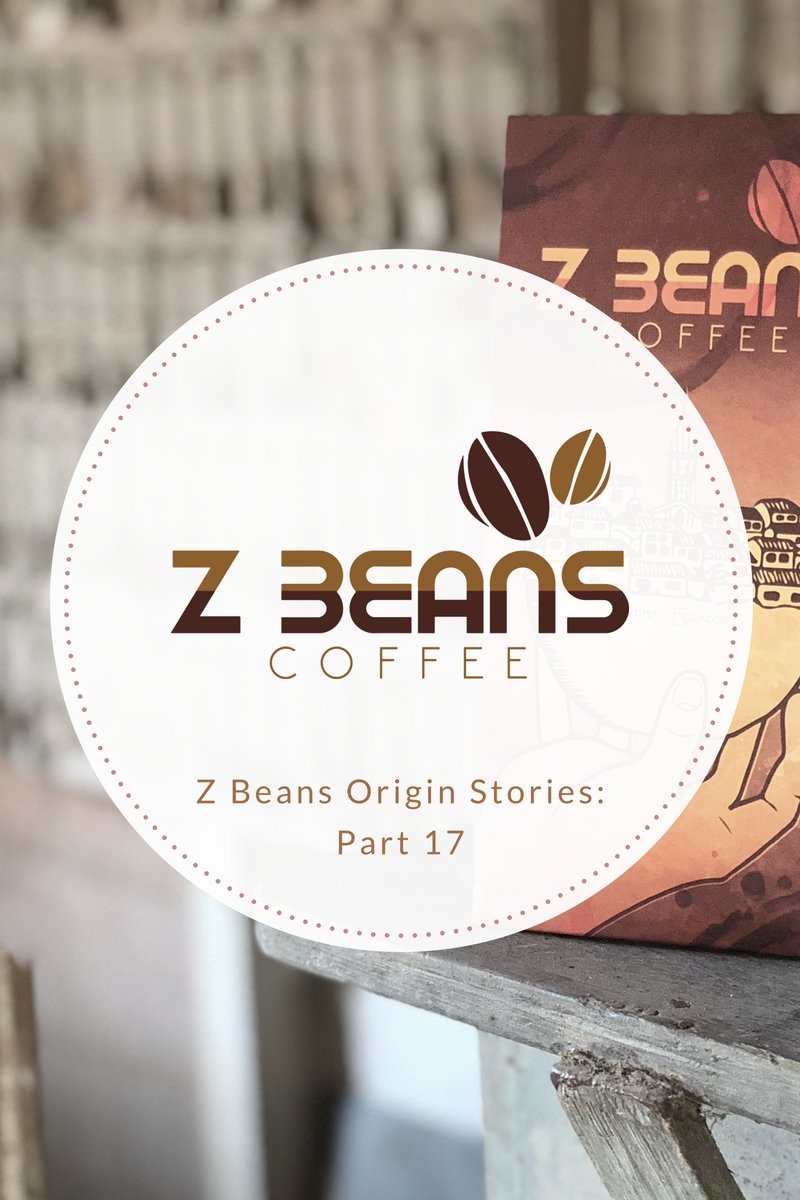
When It Hurts
When It Hurts
Empathy: the ability to understand and share the feelings of another - the ability to place oneself in another's shoes.
..
I'd like to think I am an empathetic person. But, I know that you can only be as empathetic as much as your ability to place yourself in someone else's shoes. No matter how hard I try, I'll never be able to fully comprehend the level of desperation the people of Ecuador hold. I stay with an Ecuadorian when I am there. I eat the same food they eat. I sleep in the same non-air conditioned house that they do. I take cold showers, and I walk everywhere. But, for me, there is always an end. There is always a return to The States. There is a return to healthy food, air-conditioned rooms, warm showers, and my vehicle.
Thus, I always ask myself, am I empathetic or sympathetic? Can I really claim to understand the feelings of the impoverished Ecuadorians? I'd like to think I can - when I am standing underneath the freezing water or tossing and turning in my bed because its 85 degrees in the house. But, the real answer is no.
...
Back Story:
I've always been told that you can't pick winners and losers in business. In my economics classes, I've learned capitalistic ways - I've learned the Darwinist principles - the most fit companies survive. This power of survival is controlled by the American consumer, and it's the company's responsibility to give the consumer what they see fit.
.
In the poorest cities of El Oro, Ecuador, there is some incredible coffee that is produced. There are dedicated farmers who work all day to clean their farms, harvest their crops, and clean and dry the coffee. However, there is a deadly outbreak of broca. Broca is what coffee farmers call a coffee borer beetle. This beetle will bore itself through the coffee cherry and parchment and into the green coffee bean. The beetle will live inside the bean until it is eventually killed when the bean is harvested, dried, and peeled. Once you roast the broca contaminated bean, you won't find any problem at all - you run no risk of getting sick or tasting some abnormality. However, the FDA in the United States will not allow coffee to be imported that contains broca - even if it is dead.
...
The Story
June 12, 2018.
As I'm packaging up a 100-pound sac of coffee that we just peeled and graded, I feel a tap on my shoulder. It's Fabricio and Arturo. They tell me that a farmer is here who would like to sell his coffee. They tell me it's a natural processed. Per usual, I get extremely excited. There is no greater feeling in the world than buying coffee from the hard-working farmers. It's an opportunity for me to reward them for their work over the past year.
I sprint up the steps of the processing facility and help the farmer unload his 7 sacks of coffee. Together, we dump the sacks into the first machine. We talk and discuss the location of his plantation, his family, and his coffee. He mentions that he and his wife are the only two workers on the farm.
After we dump the 7 sacks into the first machine, we walk down to the peeler to see just exactly what his coffee looks like. As I get closer and closer to the machine, I start smelling the delicious aroma of honey. I see the bean and it's relatively clean - there are a few defects but not many. I reach down into the tray of freshly peeled beans and grab a handful. I raise them up into the light, which beams through the window.
Broca..
I look up, Arturo is staring at me. He knows.
I keep my head down, as the machine peels the coffee. How am I going to tell the farmer?
Fabricio turns off the machine and moves the freshly peeled sacks of coffee to the side. He wheels the coffee over to the scale. Arturo leaves with him.
I stand there with my head down for a moment longer, then raise it up and make my way over to the farmer.
I want to buy the coffee. I want to help the farmer. But, I can't.
"You're coffee has broca. I won't be able to buy it." I take a bean out of my pocket and show him exactly what I am talking about.
He takes it out of my hand, examines it closely, and puts it in his pocket.
He says to me, "I understand."
Arturo and Fabricio finish weighing the coffee and hand the farmer his receipt. The farmer pays for the coffee that was peeled, and Arturo tells him ways to alleviate the problem of broca. While it's nearly impossible to prevent it without growing Arabica varieties that are resistant to the disease, there are some distinct ways to tame it.
The farmer thanks Arturo for the words of wisdom, as we help him put the sacks of coffee into the back of the taxi truck. As the farmer leaves, I see the side profile of his face. He's looking down. It's as if he is thinking about what could have been.
This is when helping hurts.




0 comments